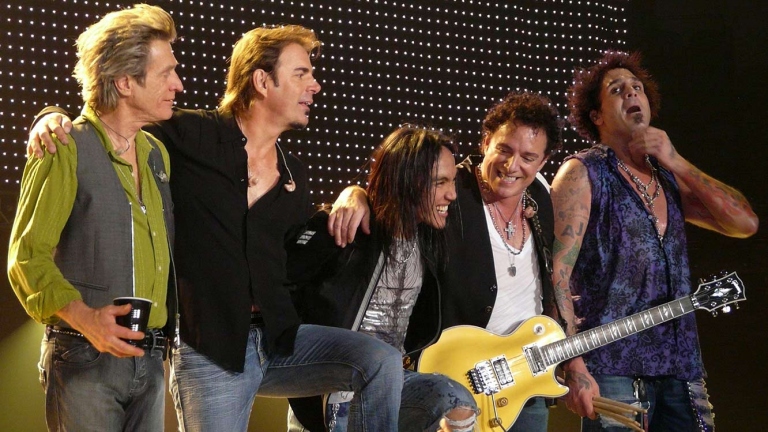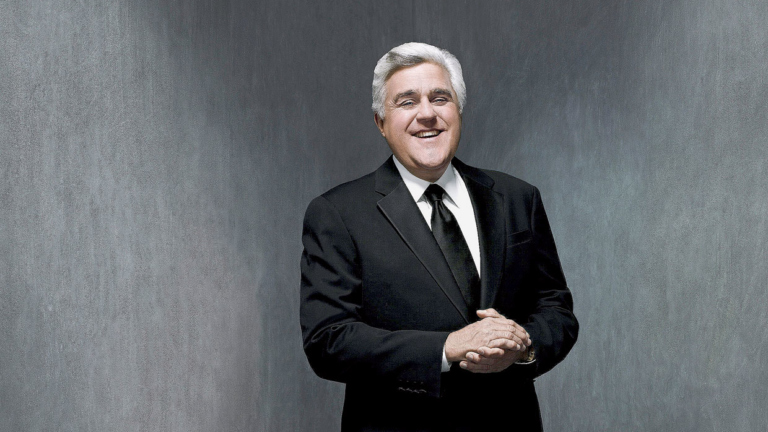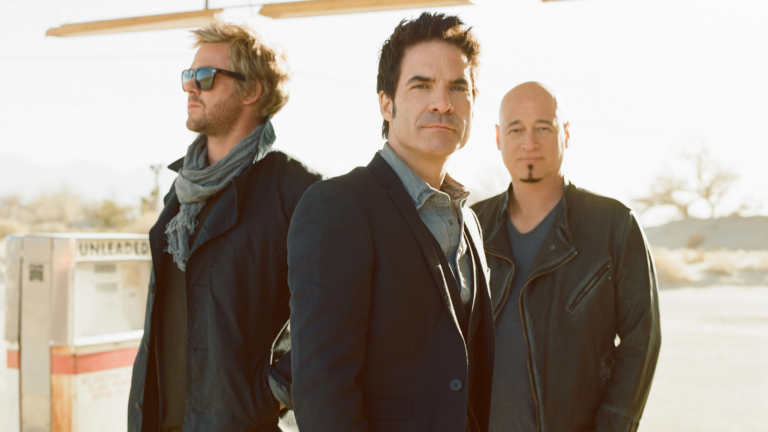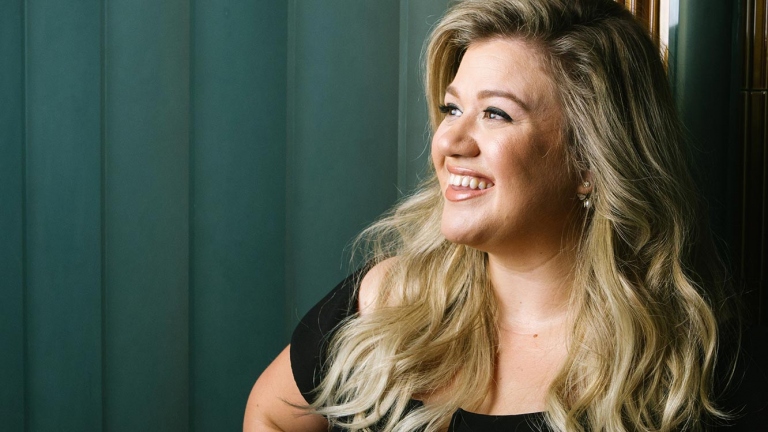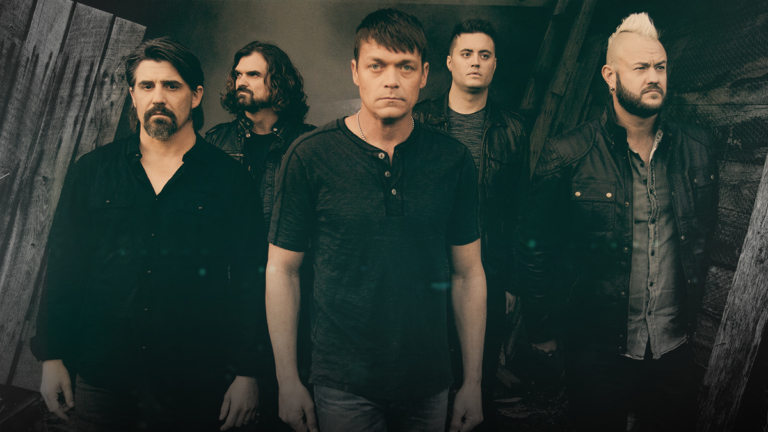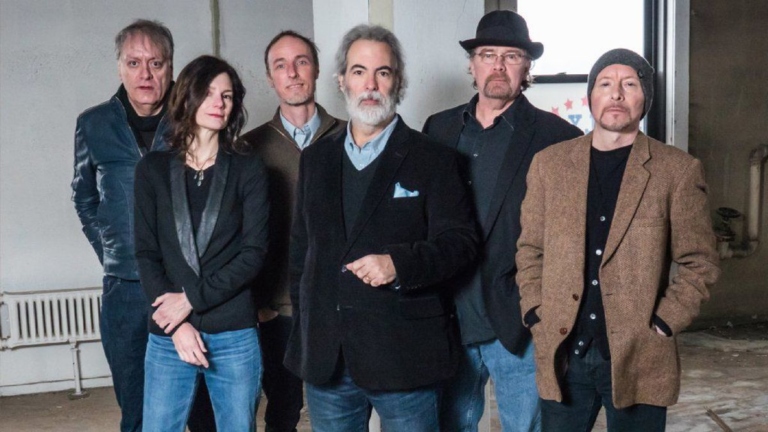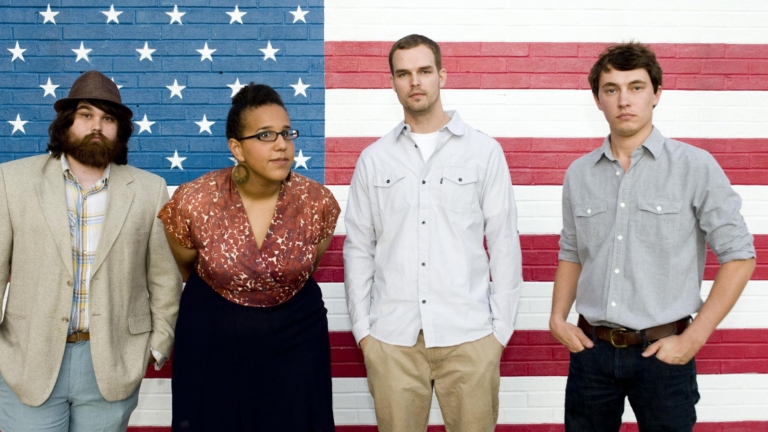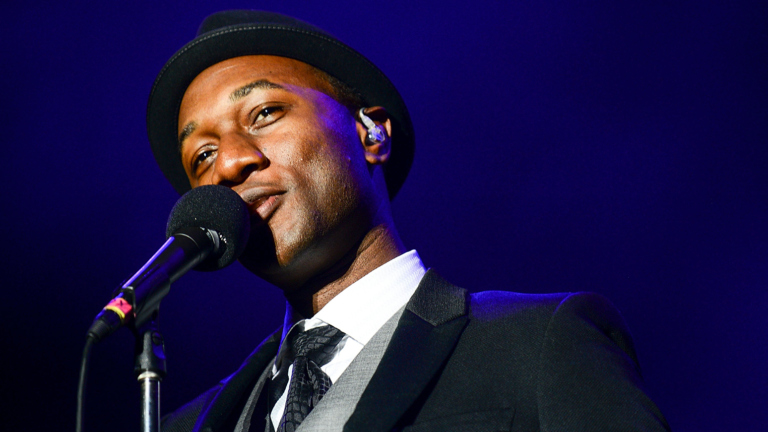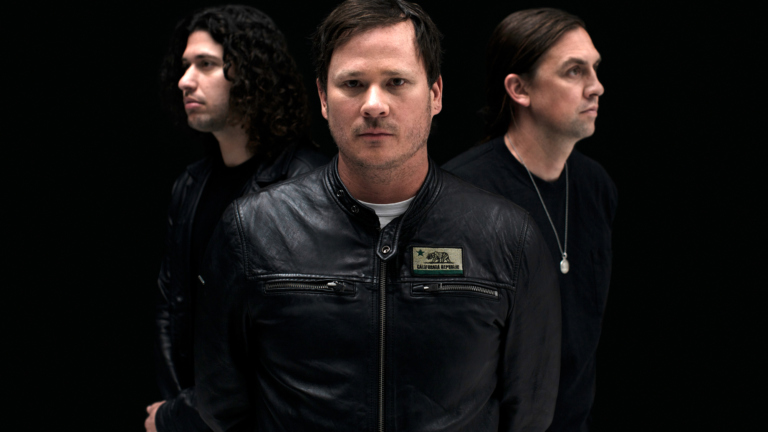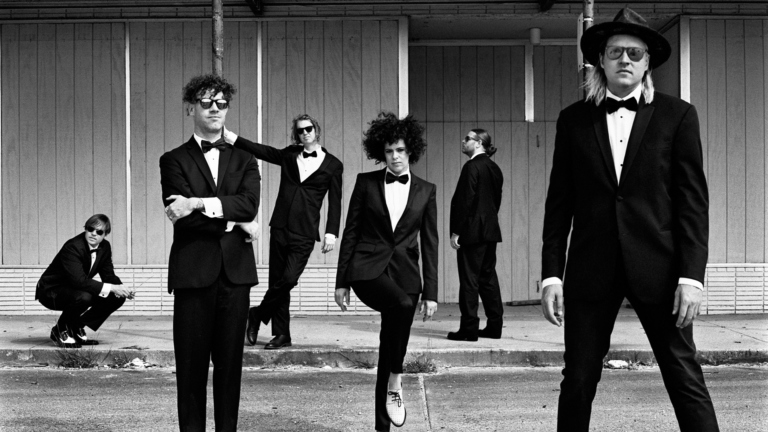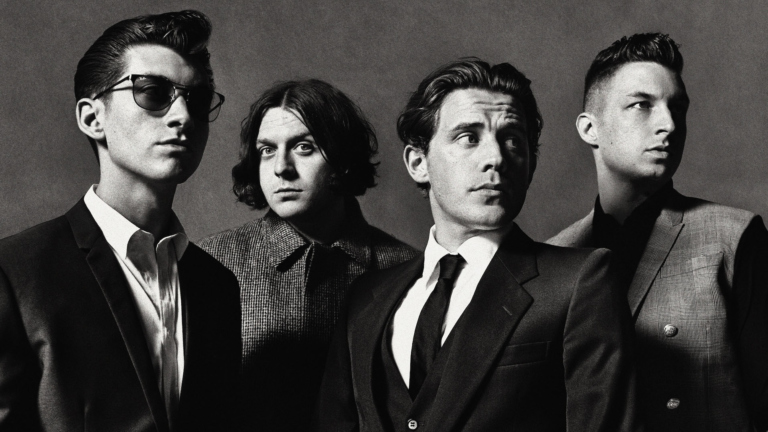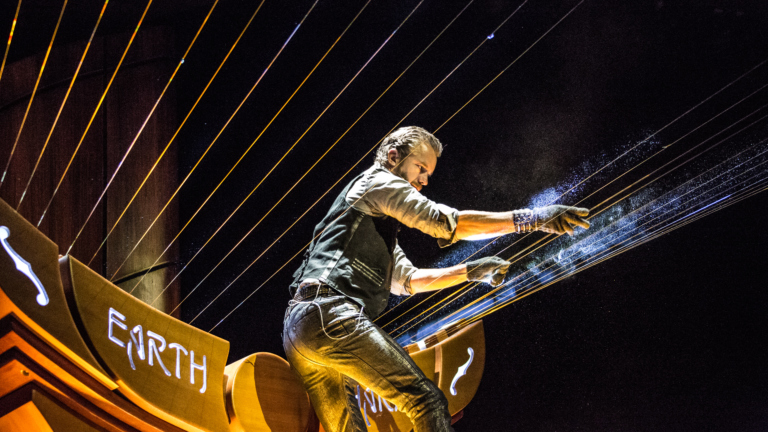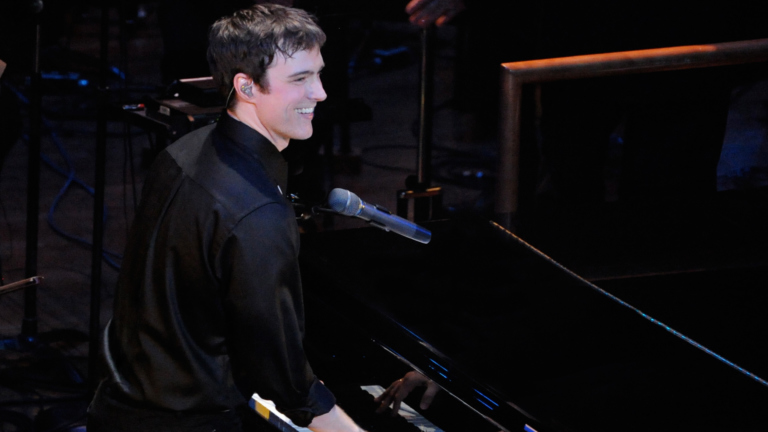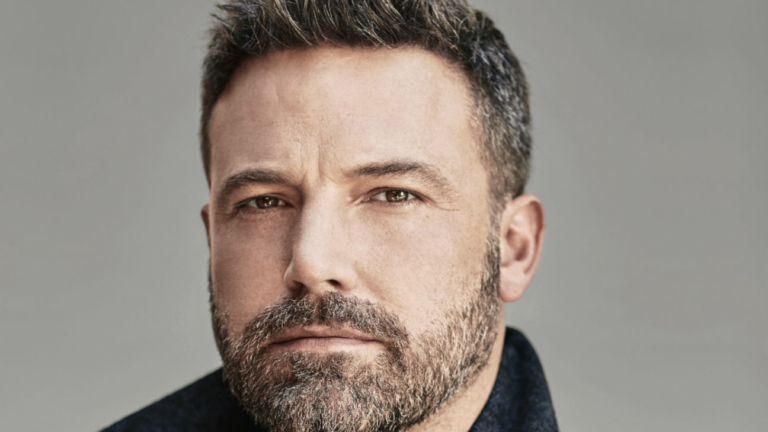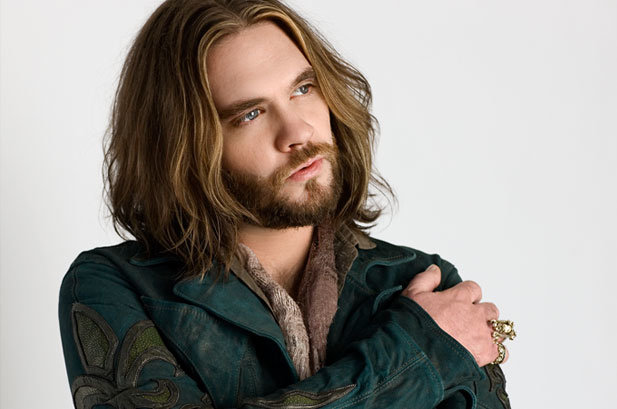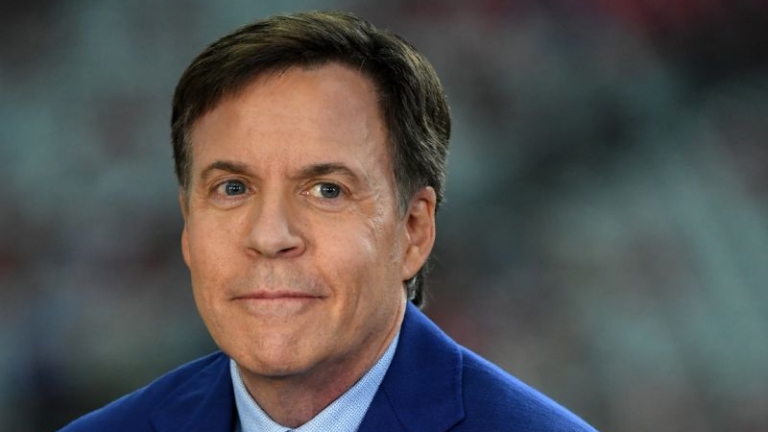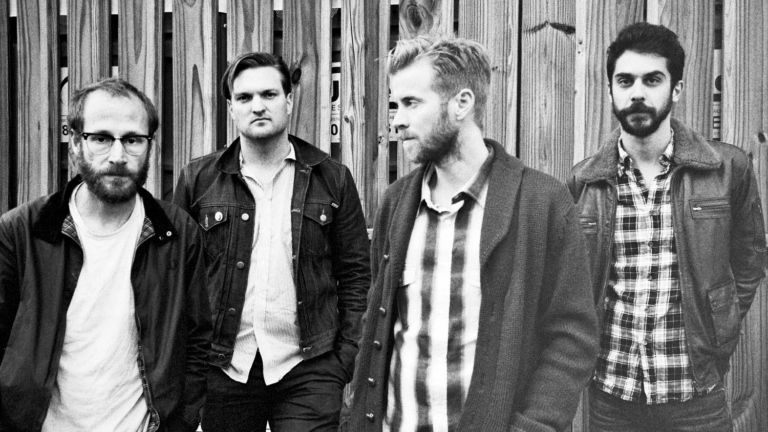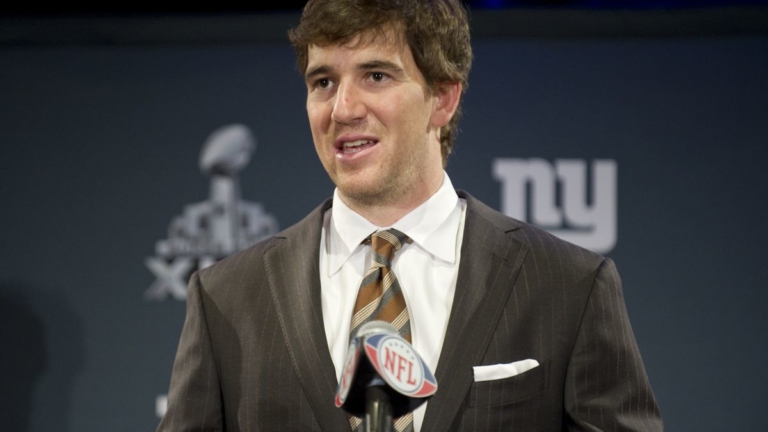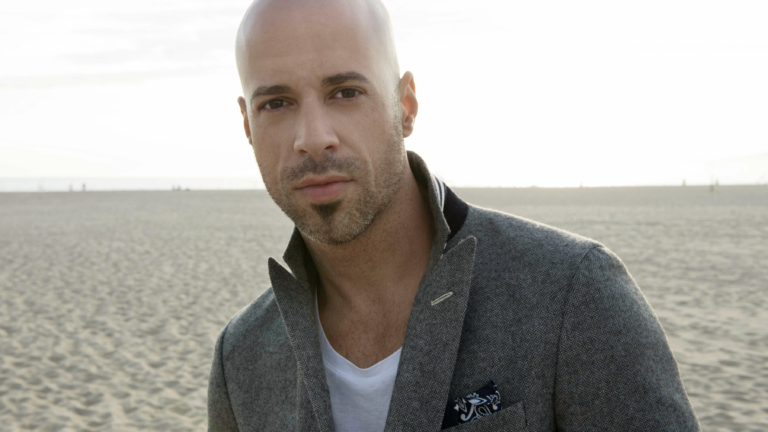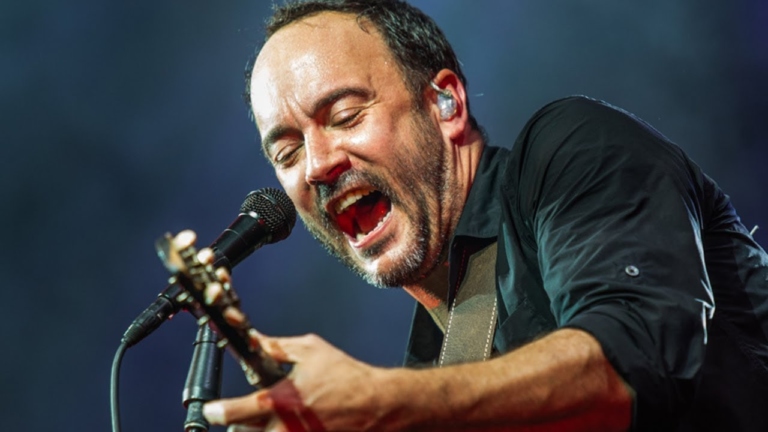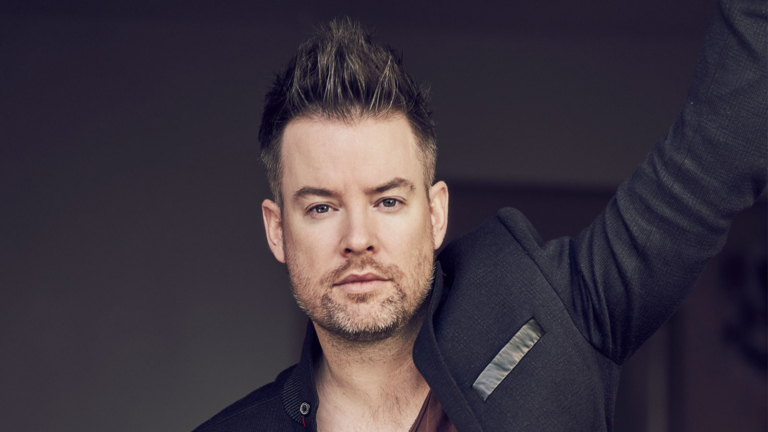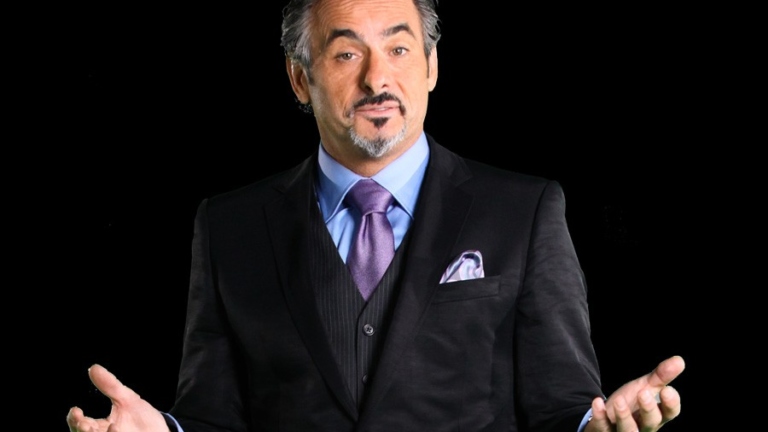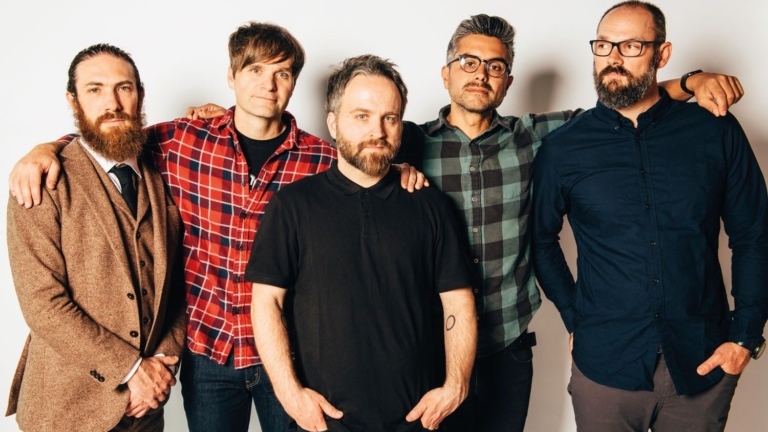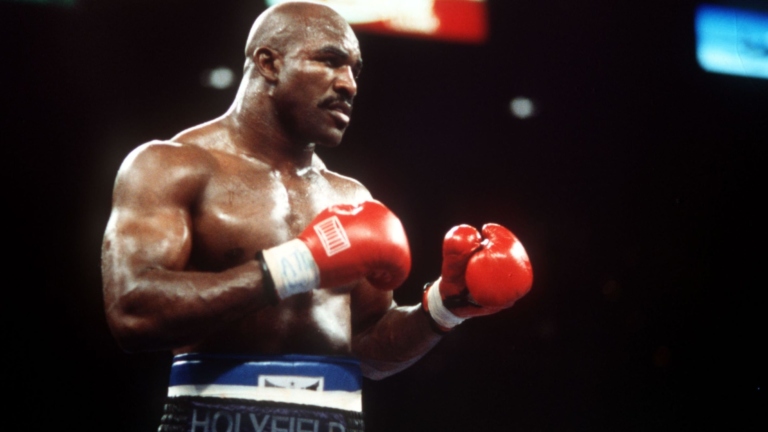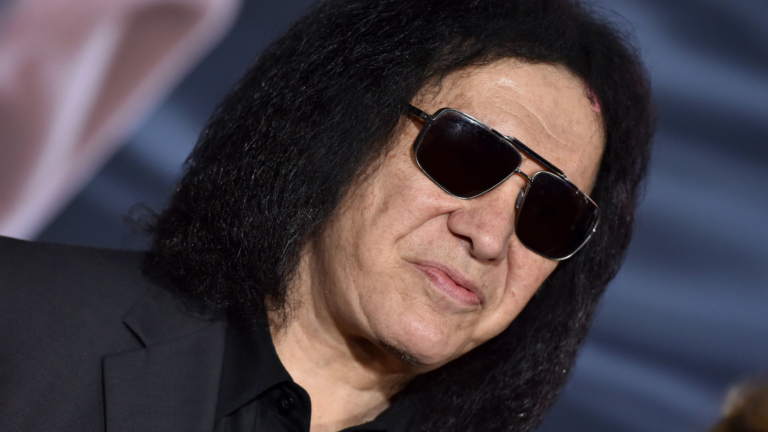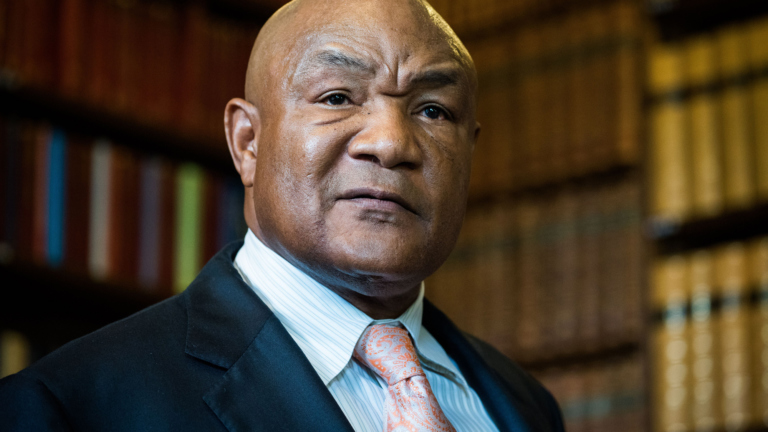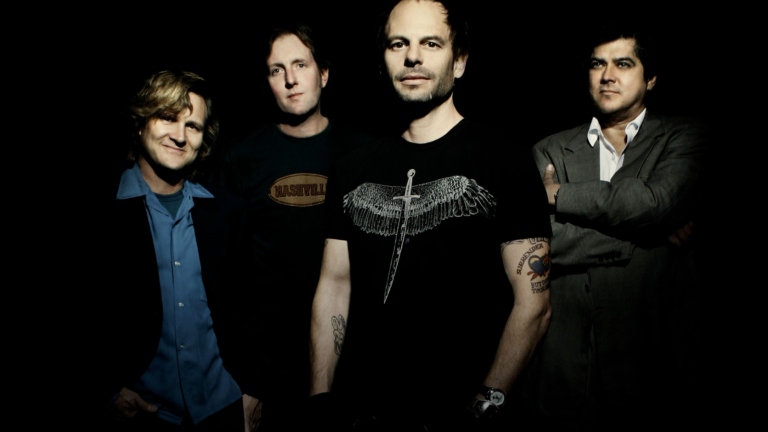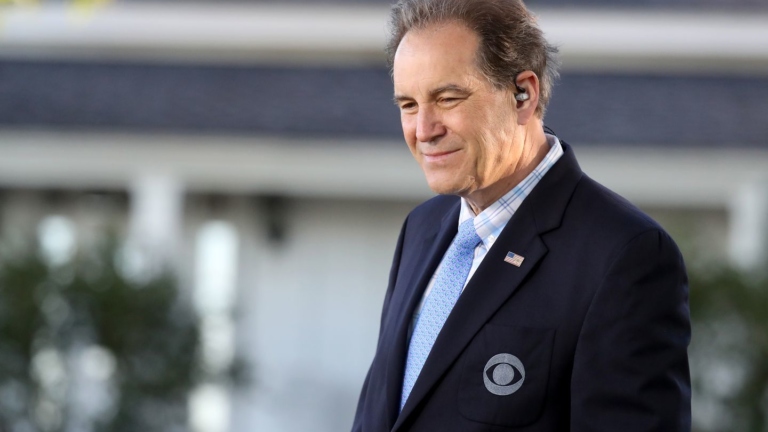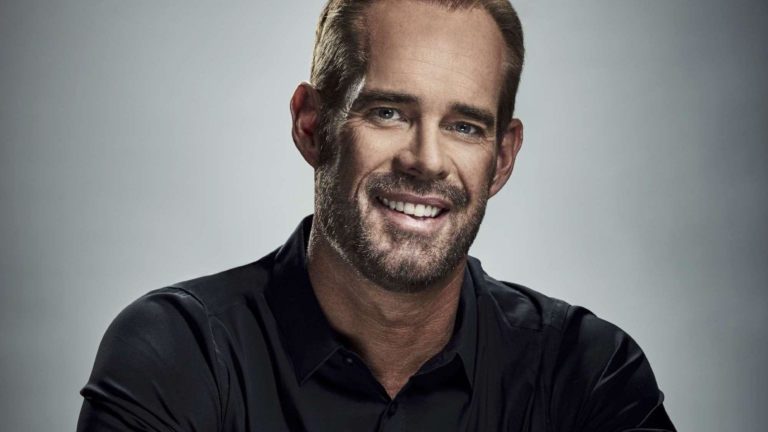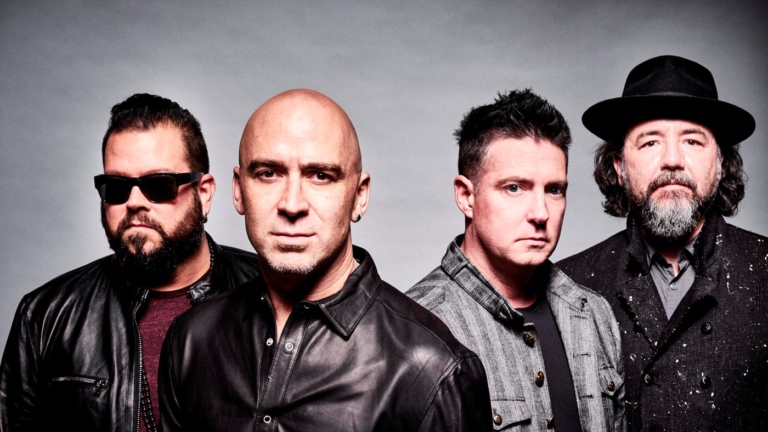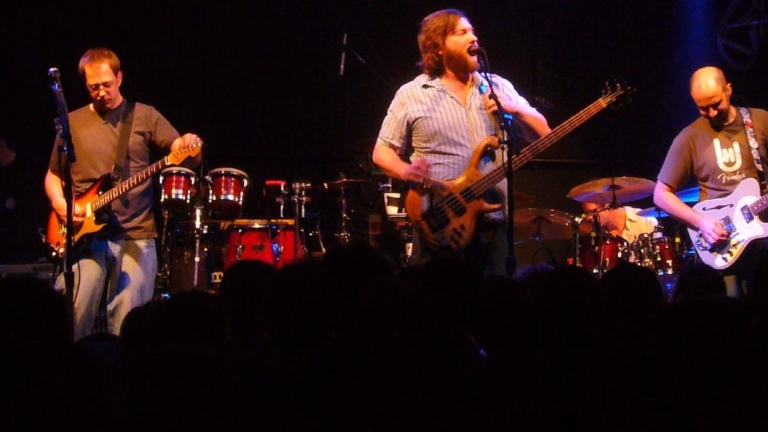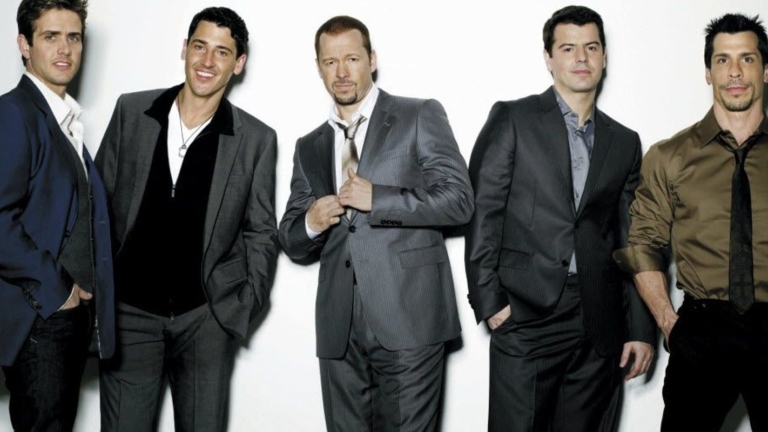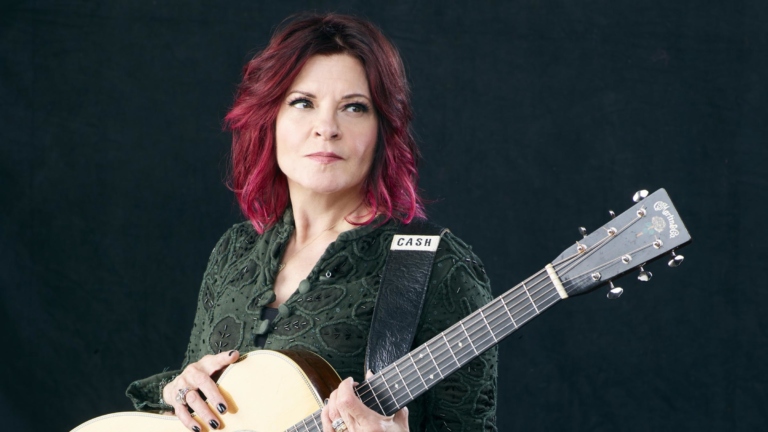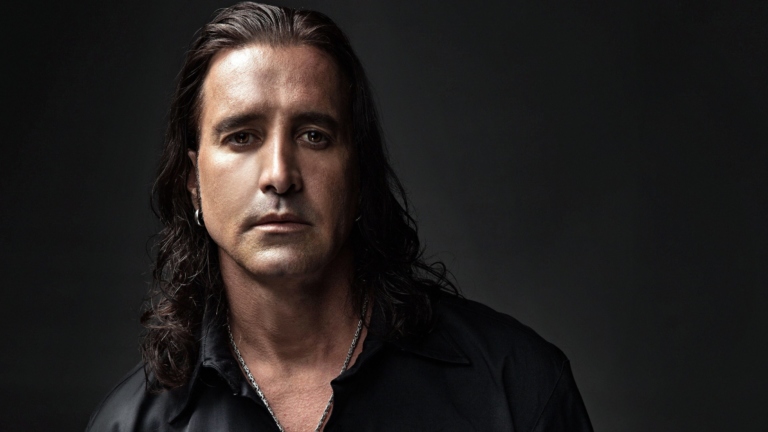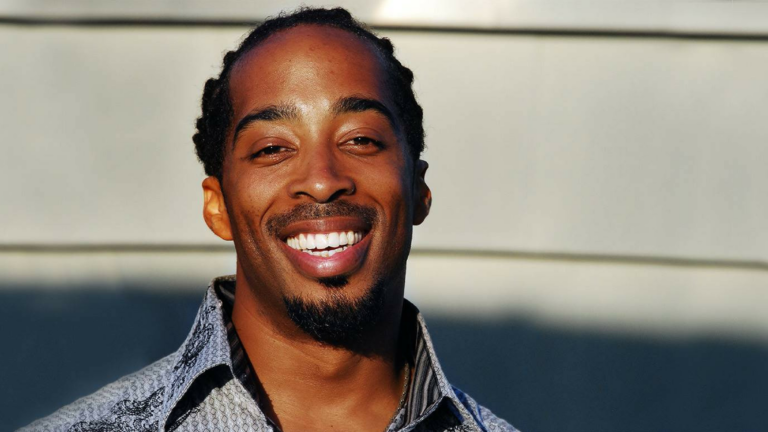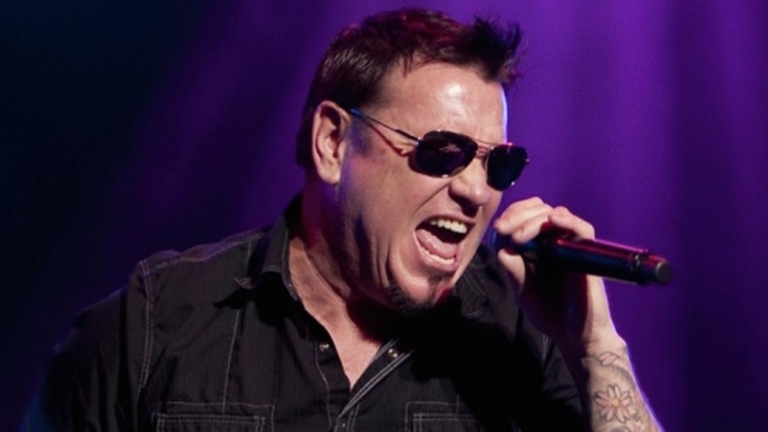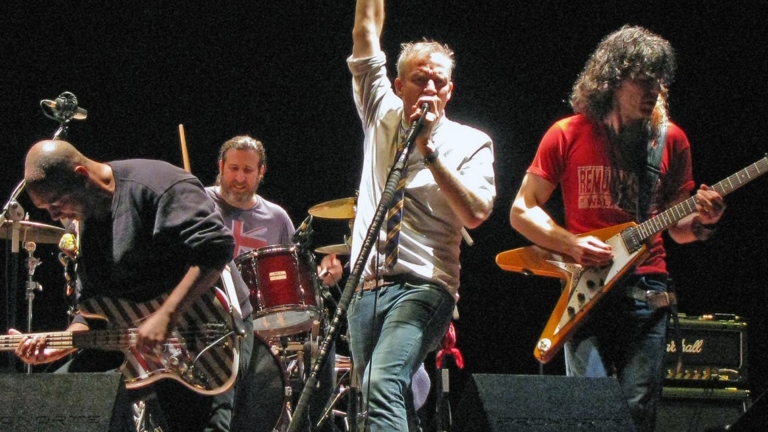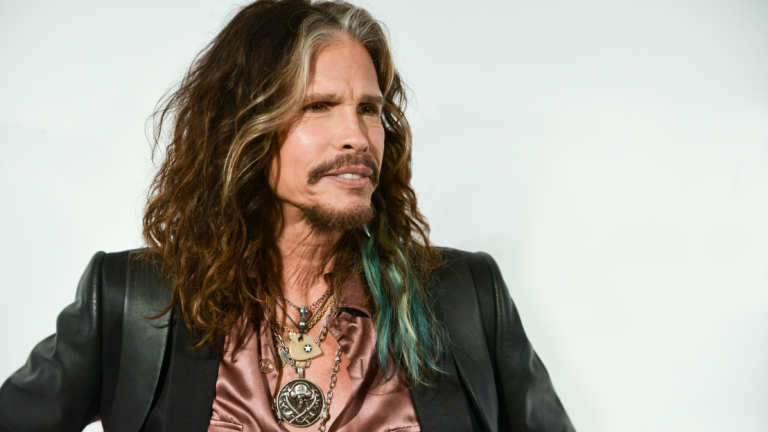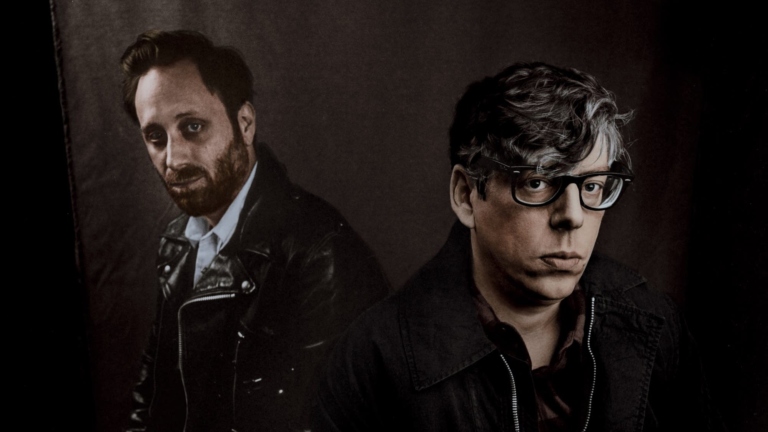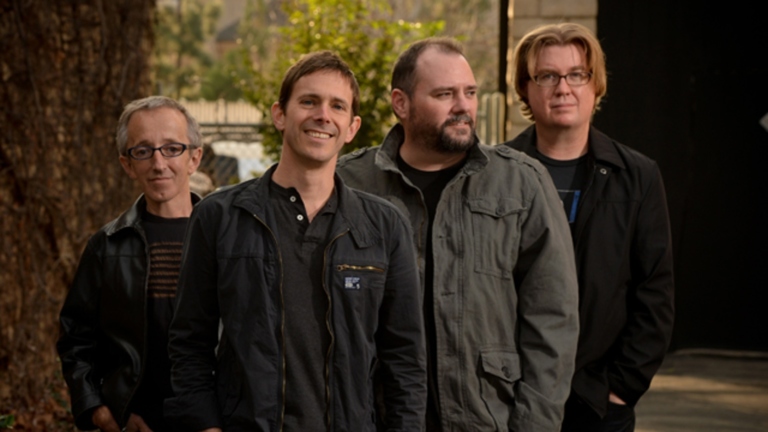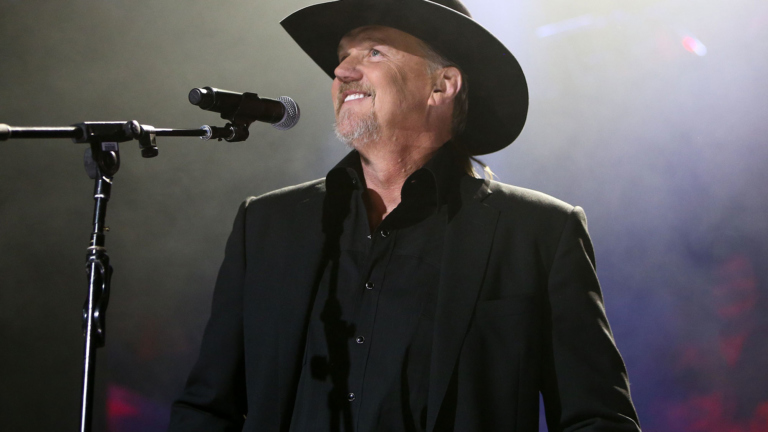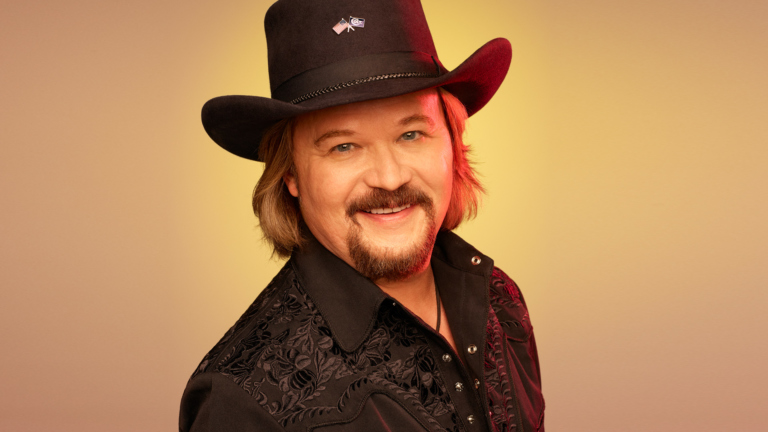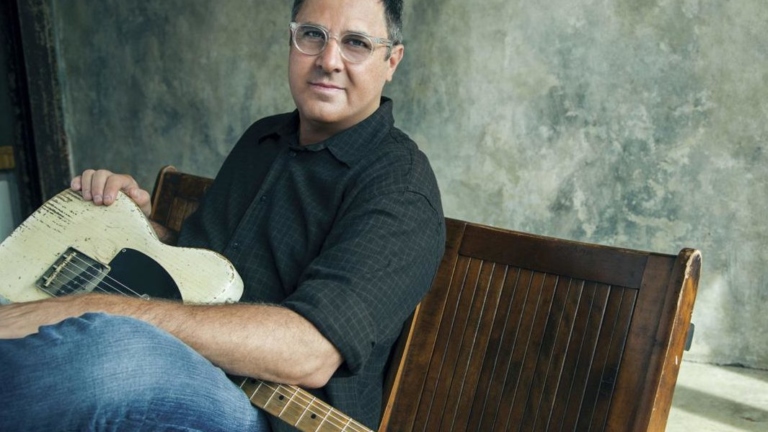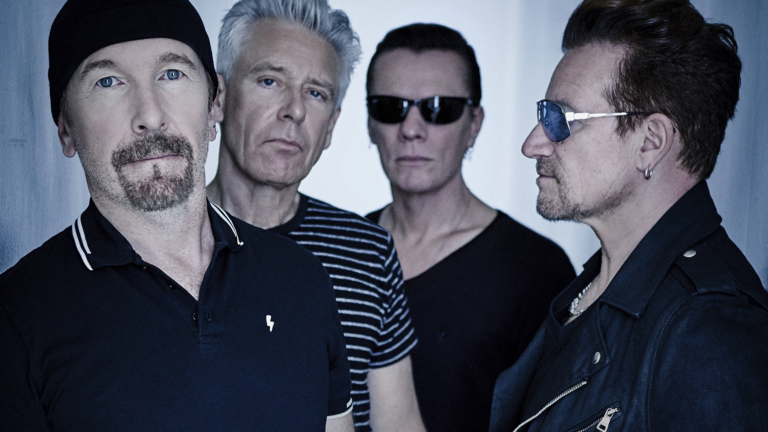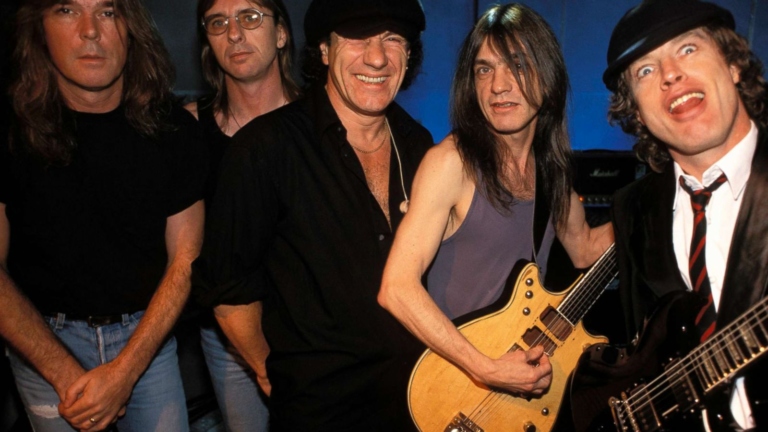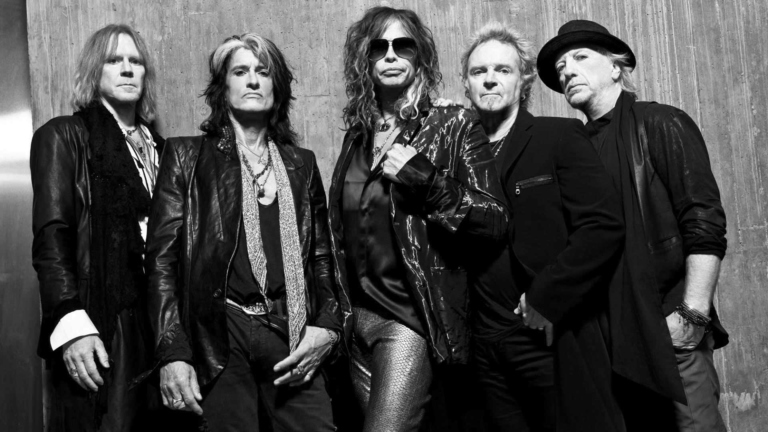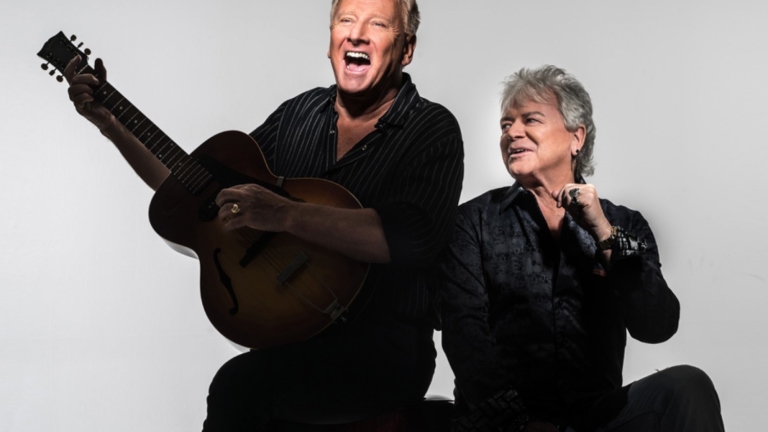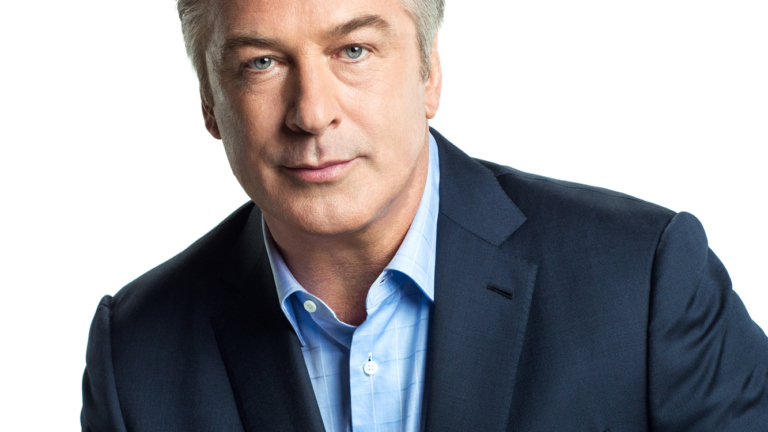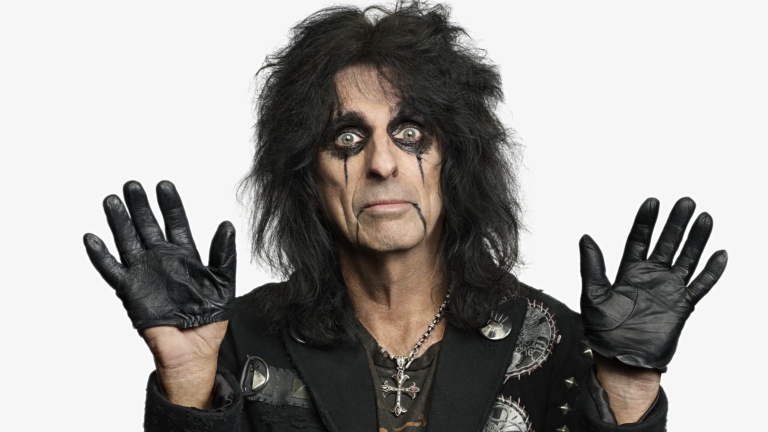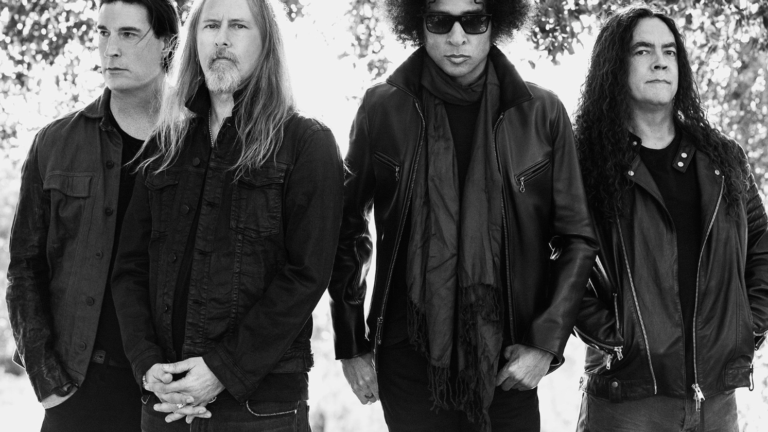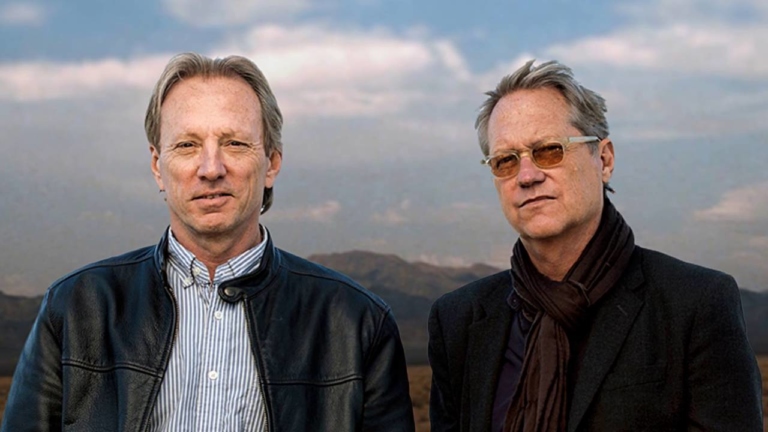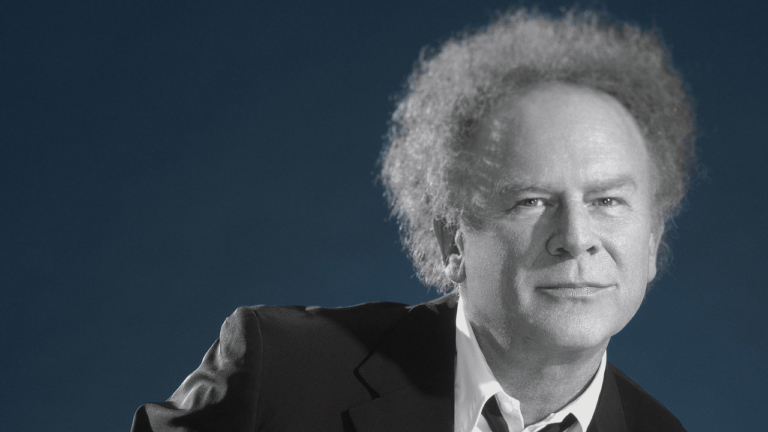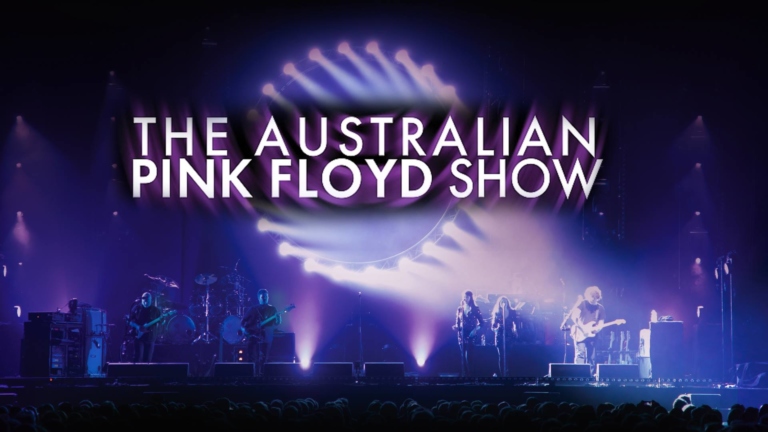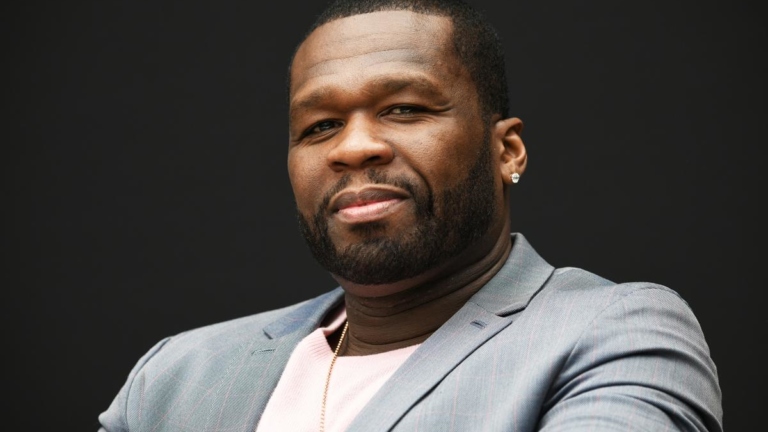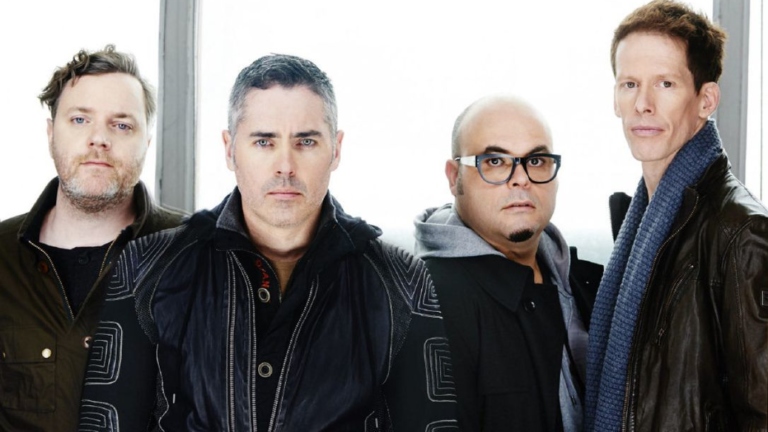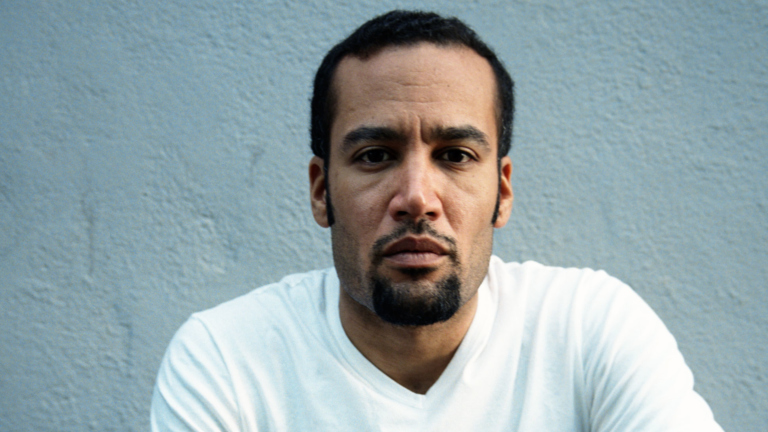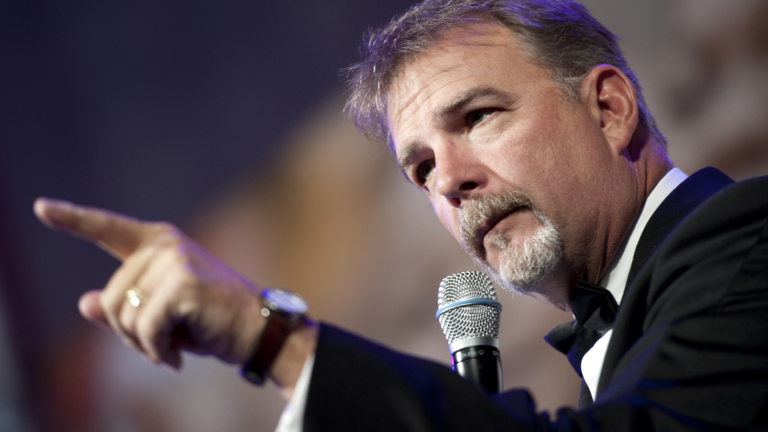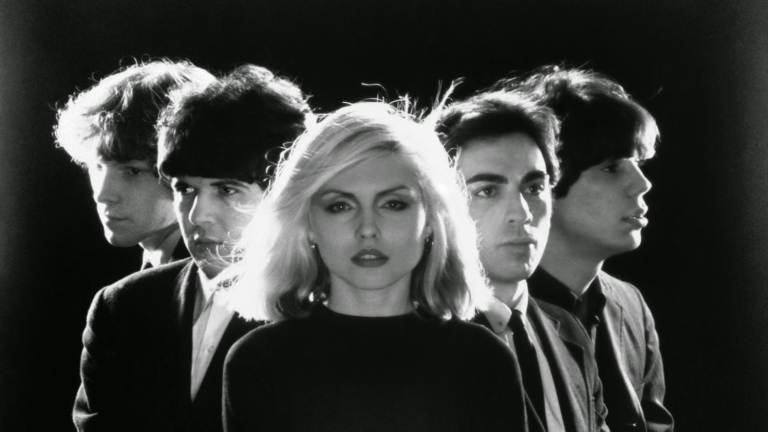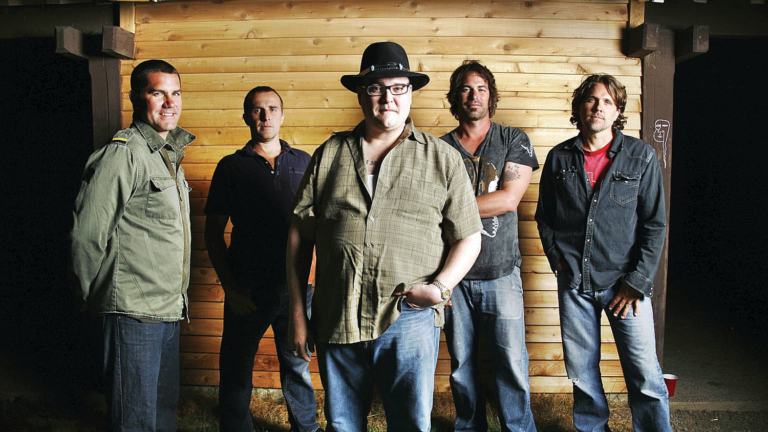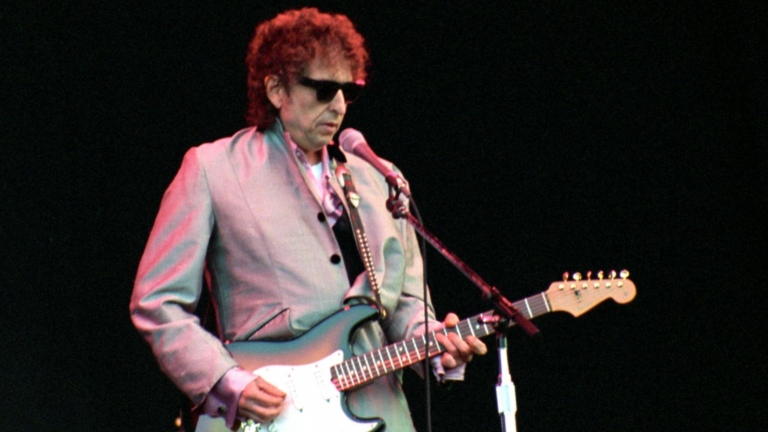About
Billy Joel produced pop music hits from 1973 (beginning with the single “Piano Man”) to his retirement from the genre in 1993. He has continued to tour occasionally (usually with Elton John) in addition to writing and recording classical music.
Joel’s songwriting cannot be separated from the life that inspired so much of his work. Joel “was born in ’49, a Cold War kid in McCarthy time,” as he wrote in his song “Leningrad”. Joel first lived in the modern-day South Bronx, a ethnically white neighborhood at the time. His family then moved to Long Island, to Levittown and then to Hicksville, both working class towns in Nassau County [1]. His father, Howard Joel, was a Jewish refugee from Germany and his mother, Rosalind Hyman, was born in England, to an agnostic Jewish family. Joel was not raised very religiously, and in fact attended Roman Catholic mass with his Catholic friends, inspiring some of his religion-themed lyrics. He has made many references in his lyrics to locations in the New York City metropolitan area, particularly the Island, in his songs. For example, the Miracle Mile line in “It’s Still Rock & Roll to Me” refers to the affluent shopping district that’s located on Northern Boulevard in the community of Manhasset. Also, in his early song Billy the Kid, he describes a certain “Billy” as being from the Town of Oyster Bay, the municipality in which the hamlet of Levittown is located.
Joel has always relied heavily on his own experiences in writing his songs; perhaps the best examples are “Piano Man”, which he wrote out of his experience of regularly playing at a piano bar in the early 1970s, and “Scenes from an Italian Restaurant,” purportedly written about either the Syosset mainstay Christiano’s or a similar eatery in New York City’s Little Italy. His song “New York State of Mind”—a track from 1976’s Turnstiles album that has since become a standard—also demonstrated his affinity for his home state.
Joel also is known for his depiction of life in Lehigh County, Pennsylvania, which he paid tribute to in one of his most popular songs, “Allentown,” released in 1982. The song depicts living in industrial Allentown, Pennsylvania in the early 1980s.
Joel’s daughter Alexa has also been a motivation for lyrical content; he penned “Lullabye” for her. Similarly, his song “The Downeaster Alexa” combined his love for his daughter with a depiction of the plight of boat captains in the offshore fishing industry. “Uptown Girl” was a love song about the seemingly mismatched romance between himself and Christie Brinkley, Alexa’s mother and his second wife.
Joel has always had a trusting, open attitude in both his business and personal relationships. This attitude was manifested as advice in the song “Tell Her About It”, as well as in an expression of his own needs in “Honesty” and “And So It Goes”. It can also be found in his description of the elements needed to make a relationship work in “A Matter of Trust”.
The song “We Didn’t Start the Fire” lists historical events from his birth in 1949 through the mid-1980’s—the first thirty-five years of Joel’s life, reflecting his fascination with culture and history. The song “Leningrad” shows Joel’s appreciation for the history of the Soviet Union and his feelings about the Cold War in which he was raised. Before Joel went into the music business, he always wanted to become a history teacher; later in his career, he earned a New York state teaching license.
In addition, having attempted suicide earlier in his life, Joel composed a song on request called “You’re Only Human (Second Wind)” specifically to strengthen those contemplating suicide to choose life instead.
Joel has recently been returning to his fascination with classical music and has been experimenting in that area. Fantasies and Delusions, his first album of classical pieces, got a tepid response from critics but went to #1 on the classical charts.

